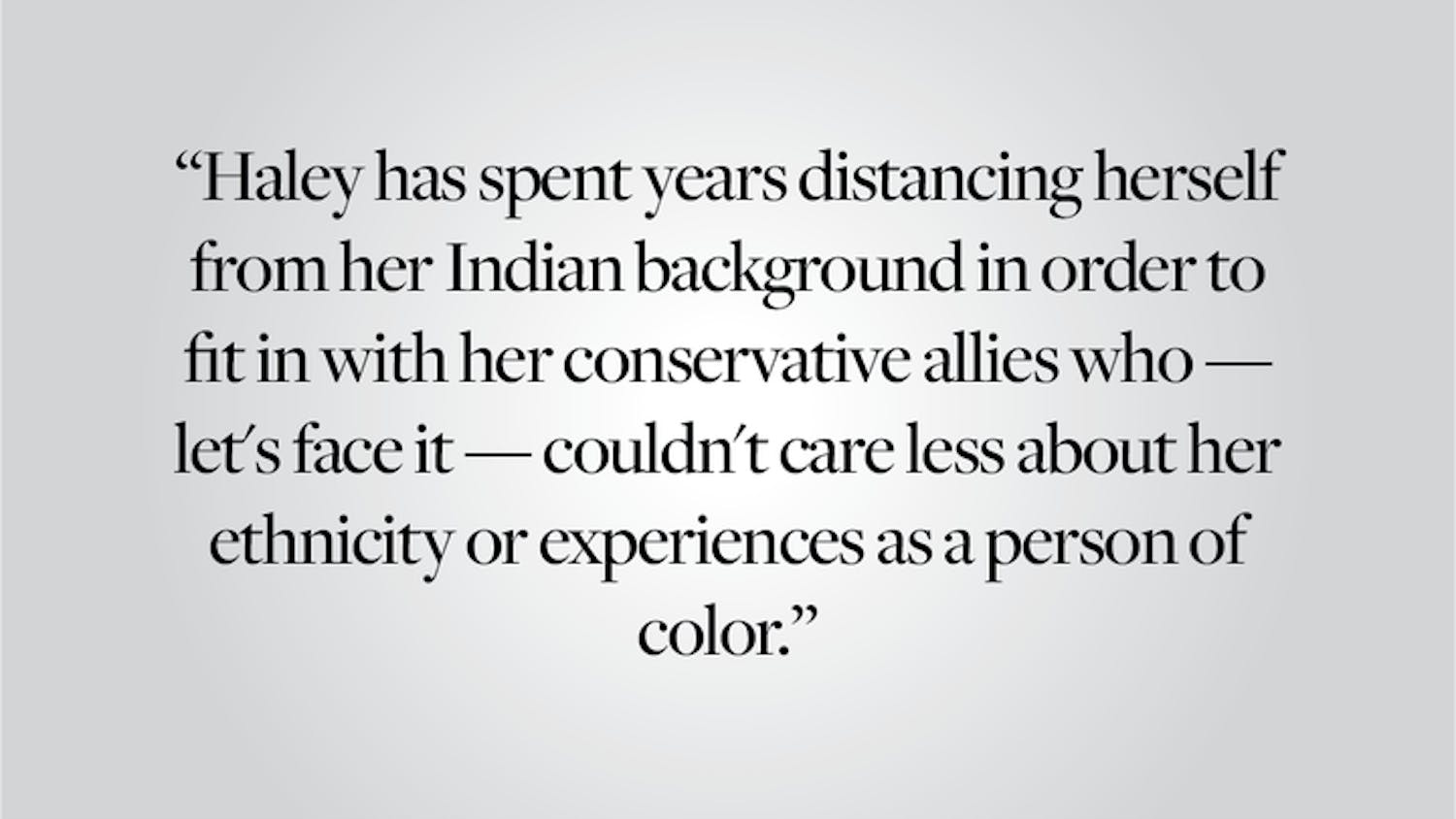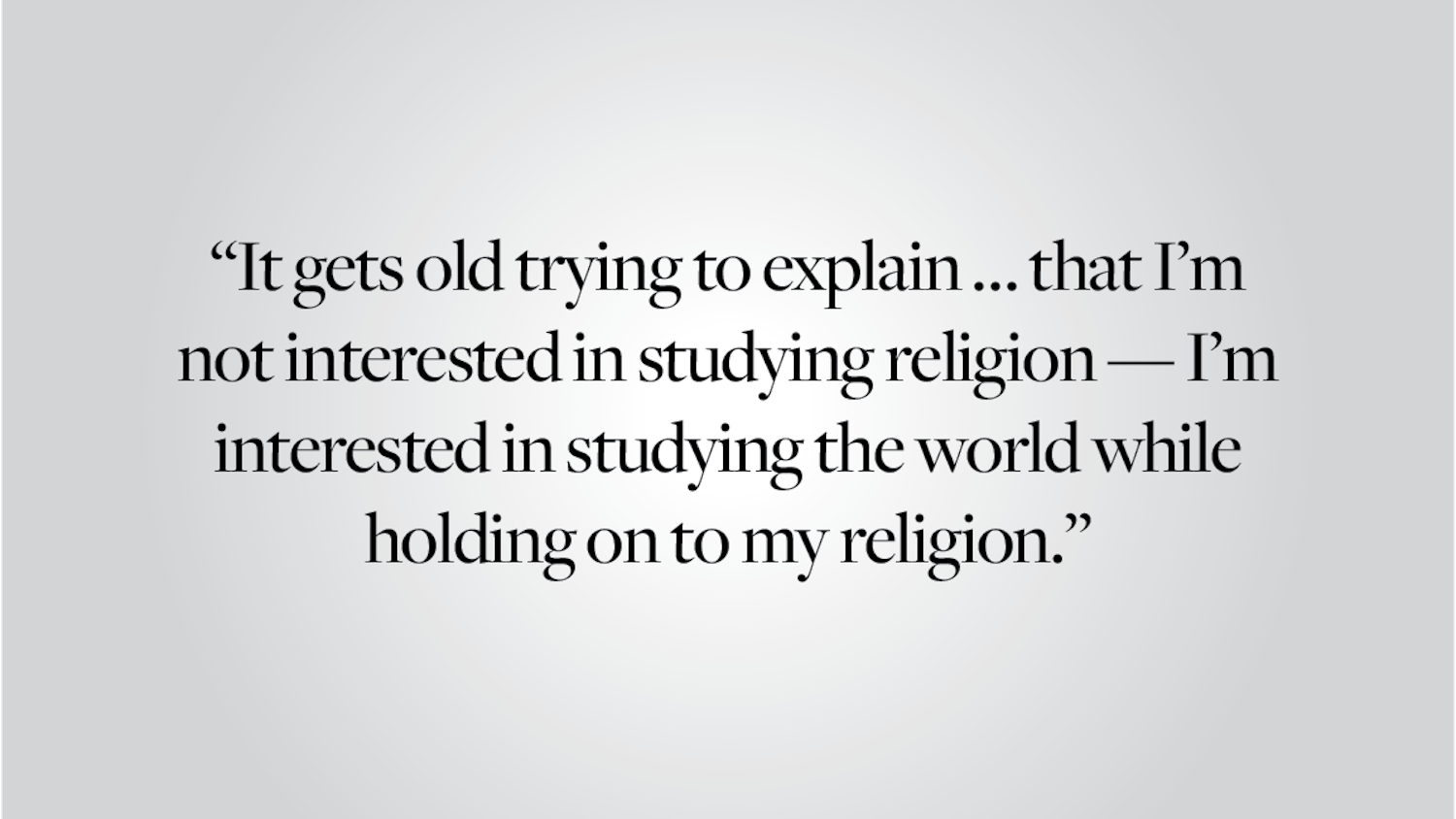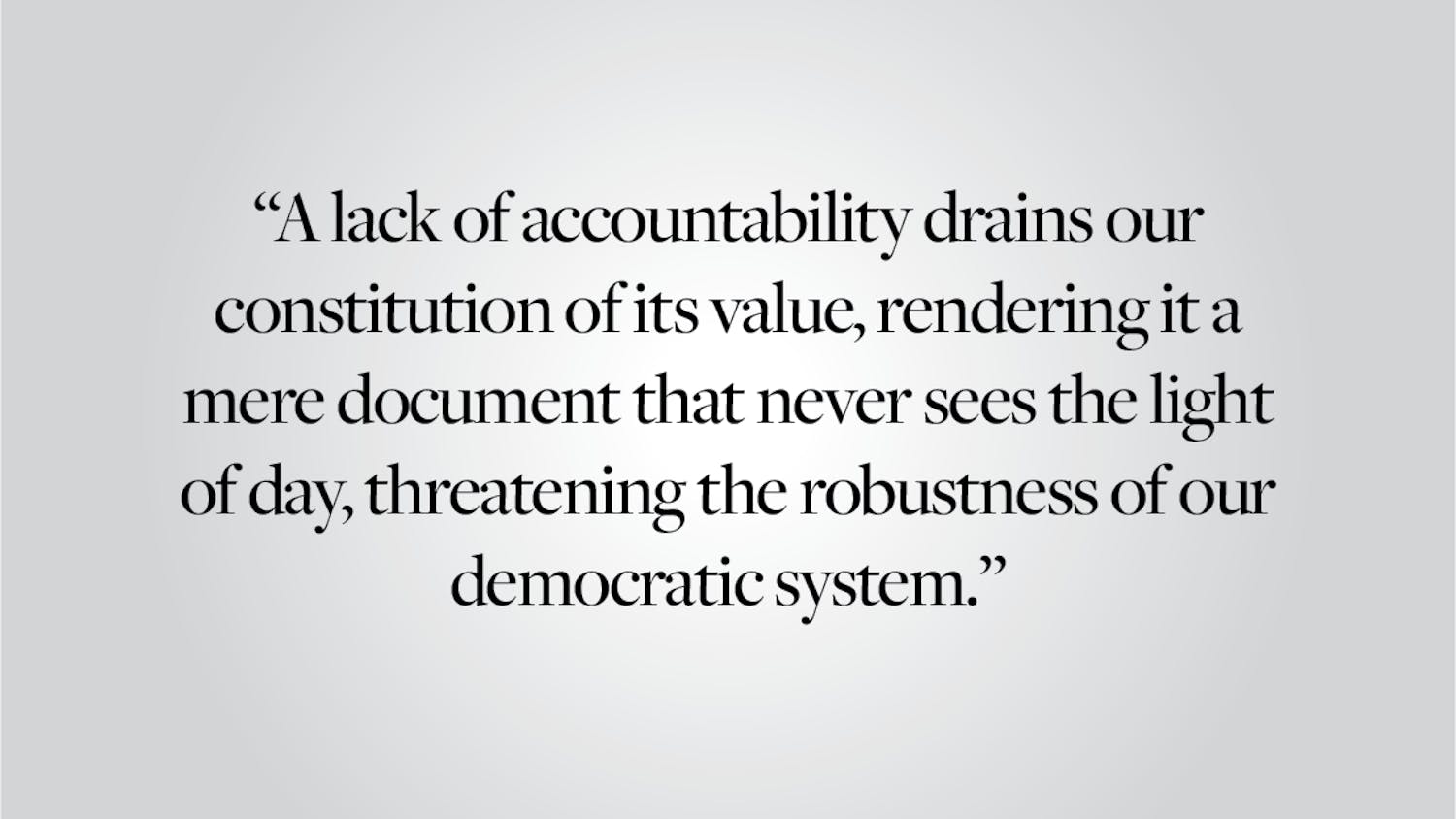To our students, colleagues, and alums:
Brown University is at a crossroads.
The events of last semester have made it possible for the University to confront head-on persistent issues about equality, diversity and inclusion in its educational and organizational culture and to stage some profound conversations between different segments of the community. Before and after the President’s plan was released in late November, we all witnessed a torrent of letters, broadsides and lists of demands circulated by email, through the web and on old-fashioned paper. Students and faculty left for winter break agreeing that any plan formulated by the University for addressing issues of diversity and inclusion at Brown should be circulated and subject to discussion and response from the campus community before it was finalized.
We write today as a group of concerned and now also hopeful faculty members to respond to the revised and re-released Diversity and Inclusion Action Plan. Since the initial draft of the DIAP was released we have met several times, in groups large and small, to share our own views and ideas about how best to support students and to consider ways in which we might facilitate forward movement. We have met with students, with other faculty members and with the administration. We have listened to the alums of our programs and concentrations. Some of us have written and spoken publicly about the issues that confront the University, while others have worked privately to counsel students and other faculty members. Collectively, we have for months been thinking about what the role of the faculty is, or can be, in wide-ranging, forward-looking conversations between the administration and students, and about how we might play an active role in these same conversations, too. As difficult as all of these discussions have been, though, we believe now that this process has resulted in a revised plan that is very encouraging and spotlights a path to make Brown an inclusive, thoughtful and more ethical community.
It is fair to say that none of us, in our collective decades of teaching at institutions of higher education, has seen a plan that is as comprehensive, ambitious and thorough as the one we have before us now. It seeks to implement promises made in previous years and then go further.
No plan, no administrative measure, is “perfect,” but perfection is generally not the standard by which we measure progress. Rather, we look at this plan and see a concerted effort on the part of Brown’s administration to listen and respond to the voices of the members of its community, to learn from those voices and to build a university that seeks to be more ethical and just. If this plan becomes practice, it will dramatically accelerate our ability to recruit the very best faculty of color, it will create new graduate fellowships for talented students from underrepresented minority groups, it will promote the professional development of our faculty members, students and staff members, it will invest departments in the entire process and it will support new academic programming that will speak to the entire campus — and Providence — community. It rests on the simple, powerful premise that excellence and diversity are not mutually exclusive, but instead are necessary complements.
The revised plan also includes detailed and transparent information about how the campus’ feedback to the original draft was received, processed and responded to. Some of us were able to read and discuss a preliminary revision, to suggest further refinement and to see the penultimate draft. At each step, we were able to see changes that reflected the interests of the larger campus. This, in itself, is remarkable, and it also speaks to the good faith in which all of the feedback was received. In addition to the inclusion of many suggestions made by faculty members, staff members and students in the revised DIAP, the revisions undertaken by the Provost and the President over winter break have increased the University’s commitment from $100 million to $165 million. If the original draft of the plan was intended to be comprehensive, this new, larger commitment better realizes those intentions and offers more than a mere symbolic promise.
If implemented wisely, thoroughly and to the finish, this revised plan promises nothing less than a very different, much bolder Brown in the future. It clears the ground for the Brown community to build a distinctive university/college, marking the opening of another possible period in the history of this institution, one in which the University looks and thinks and speaks like the world around it.
This is a promise we, as faculty members, want to bring to life.
The signatories on this letter by no means represent the entire faculty — there are many more who support the sentiments expressed here, and still many more with whom we will have more conversations in the weeks, months and years to come. Some have already been working over the last two months, in graduate committees, in classrooms and in discussions with undergraduates, to bring this vision of a more inclusive Brown to fruition. But we did wish to voice some thoughts on the revised DIAP in as timely a manner as possible, so that the Brown community could have a sense of how deeply many of its faculty members are invested in these issues. We are aware that there is a great deal to be done, and there will always be a great deal more to say. Most importantly, we now have a clear and hopeful sense of the work there is to do and of how we all may set about achieving it.
We the undersigned have seen a draft form of the revised DIAP. We recognize that not all faculty have seen it, and we expect that now that it is public, many more of our colleagues will join us.
Sincerely,
Leticia Alvarado, Assistant Professor of American Studies and Ethnic Studies
Anthony Bogues, Professor of Africana Studies and Director of the CSSJ
Lundy Braun, Professor of Pathology and Laboratory Med and Africana Studies
Cynthia Brokaw, Professor of History
Mark Cladis, Professor of Religious Studies
Beshara Doumani, Professor of History
Jim Egan, Professor of English
Robert Emlen, Senior Lecturer in American Studies
Paja Faudree, Associate Professor of Anthropology
Vazira Fazila-Yacoobali Zamindar, Associate Professor of History
Linford D. Fisher, Associate Professor of History
Olakunle George, Associate Professor of English
Matthew Pratt Guterl, Professor of Africana Studies and American Studies
Sherine Hamdy, Associate Professor of Anthropology
Françoise N. Hamlin, Associate Professor of Africana Studies and History
Susan Ashbrook Harvey, Professor of Religious Studies
Beverly Haviland, Associate Professor of American Studies
Elizabeth Hoover, Assistant Professor of American Studies and Ethnic Studies
Evelyn Hu-DeHart, Professor of History, American Studies, and Ethnic Studies
José Itzigsohn, Professor of Sociology
Nancy Jacobs, Associate Professor of History
Tamar Katz, Associate Professor of English
Michael D. Kennedy, Professor of Sociology and International and Public Affairs
Nancy Khalek, Associate Professor of Religious Studies
Daniel Y. Kim, Associate Professor of American Studies and English
Robert G. Lee, Associate Professor of American Studies
Steven Lubar, Professor of American Studies and History
Richard Meckel, Professor of American Studies
Brian Meeks, Professor of Africana Studies
Monica Muñoz Martinez, Assistant Professor of American Studies and Ethnic Studies
Rebecca Nedostup, Associate Professor of History
Tara Nummedal, Associate Professor of History
Keisha-Khan Perry, Associate Professor of Africana Studies
Ethan Pollock, Associate Professor of History
Daniel A. Rodriguez, Assistant Professor of History
Ralph E. Rodriguez, Associate Professor of American Studies, Ethnic Studies, and English
Tricia Rose, Professor of Africana Studies and Director, CSREA
Robert Self, Professor of History
Naoko Shibusawa, Associate Professor of History and American Studies
Elena Shih, Assistant Professor of American Studies and Ethnic Studies
Susan Smulyan, Professor of American Studies
Tracey Steffes, Associate Professor of Education and History
Elmo Terry-Morgan, Associate Professor of Africana Studies and Theatre Arts and
Performance Studies
Daniel Vaca, Assistant Professor of Religious Studies
Michael Vorenberg, Associate Professor of History
Debbie Weinstein, Assistant Professor of American Studies
Andre C. Willis, Assistant Professor of Religious Studies
Patricia Ybarra, Associate Professor of Theatre Arts and Performance Studies
Samuel Zipp, Associate Professor of American Studies and Urban Studies
Please send responses to this opinion to letters@browndailyherald.com and other op-eds to opinions@browndailyherald.com.




